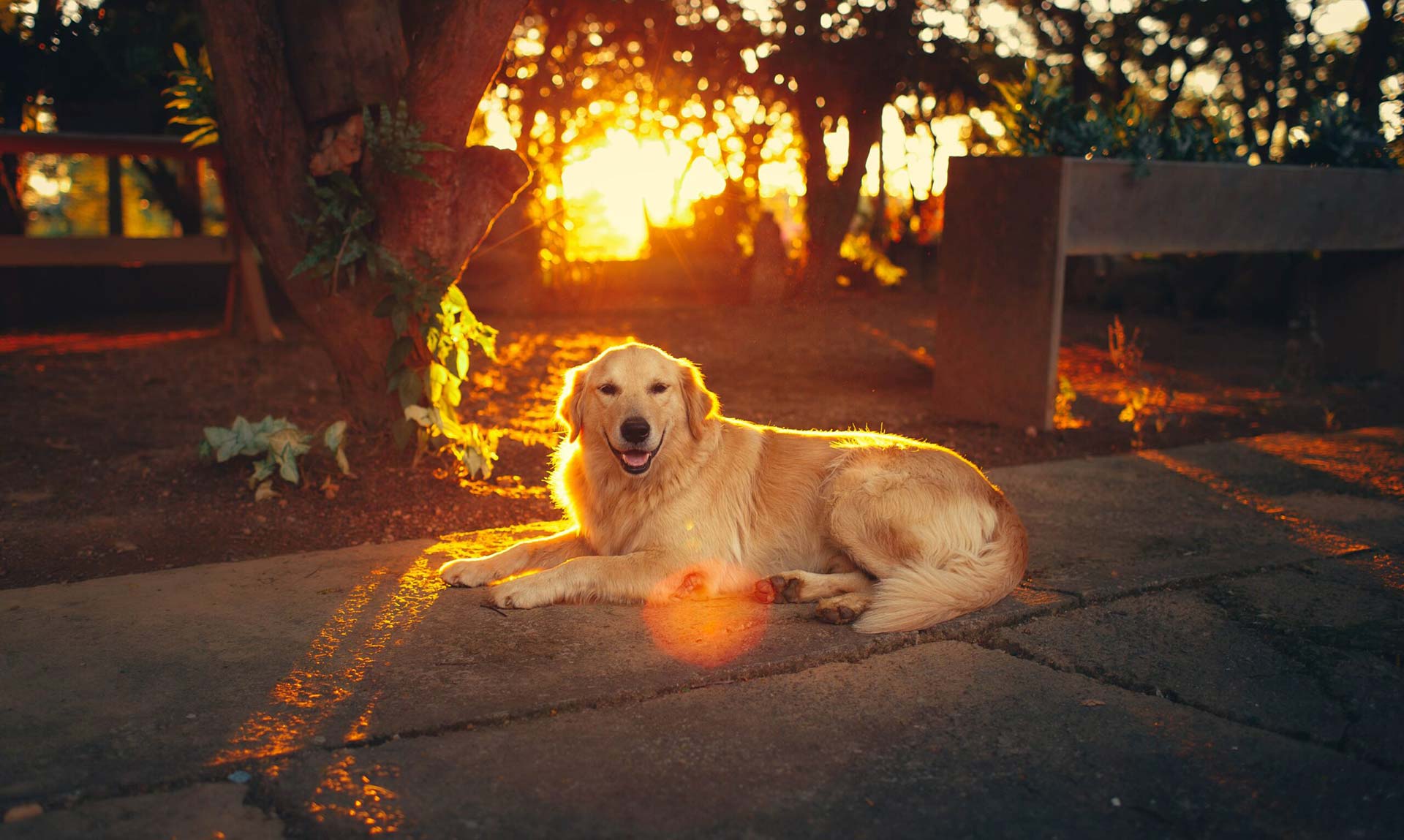Exercise Induced Collapse (EIC)
Disease description: Exercise-induced collapse (EIC) is an autosomal recessive disorder that has been reported in over 20 breeds, but occurs most commonly in Labrador Retrievers, Chesapeake Bay Retrievers, Curly-Coated Retrievers, Boykin Spaniels, Bouvier des Flanders, Old English Sheepdogs and other breeds used for field trials and hunt tests. Strenuous, intense exercise elicits an episode exhibited by hind limb incoordination, a wobbly gait and eventual flaccid paraparesis of the rear limbs. Collapse episodes can last between 5 to 10 minutes, but complete recovery is observed within 30 minutes of initial onset. Affected dogs typically present with an EIC-related episode before 4 yrs of age with most dogs exhibiting at least one collapse by 18 months of age. Carriers of this genetic disease may never show signs or symptoms of collapse, while others have atypical or infrequent episodes under extremely strenuous conditions.
Breeds affected: May occur in almost any breed and in mixed breed dogs, but most common in Labrador Retrievers, Chesapeake Bay Retrievers, Curly-Coated Retrievers, Boykin Spaniels, Bouvier des Flanders, Old English Sheepdogs.
References:
Patterson E, Minor K, Tchernatynskaia A, Taylor S, Shelton G, Ekenstedt K, Mickelson J. “A canine DNM1 mutation is highly associated with the syndrome of exercise-induced collapse.” Nature Genetics 40:1235-1239, 2008.
Minor K, Patterson E, Keating M, Gross S, Ekenstedt K, Taylor S, Mickelson J. “Presence and impact of the exercise-induced collapse associated DNM1 mutation in Labrador retrievers and other breeds” The Veterinary Journal 189: 214-219, 2011.
Gene: DMN1
Tests are ordered online through the secure area of the OFA website. Payment is accepted by credit card (MasterCard and VISA). The OFA administers all order handling. Upon receipt of an order, the OFA will send out the test kit which will include a Foam-Tipped Applicator card for DNA sample collection, along with sample collection instructions. Using the FTA card technology, owners can safely collect DNA samples at home. The collection process is non-invasive, and no veterinary appointment is necessary.
Samples are then sent to the University of Missouri College of Veterinary Medicine where the samples will be processed by the Small Animal Molecular Genetics Lab. Results will be forwarded to the OFA, and the OFA will issue the resulting report to the owner.
The fee for each test includes the test kit, laboratory processing, and subsequent registration in the OFA databases.
